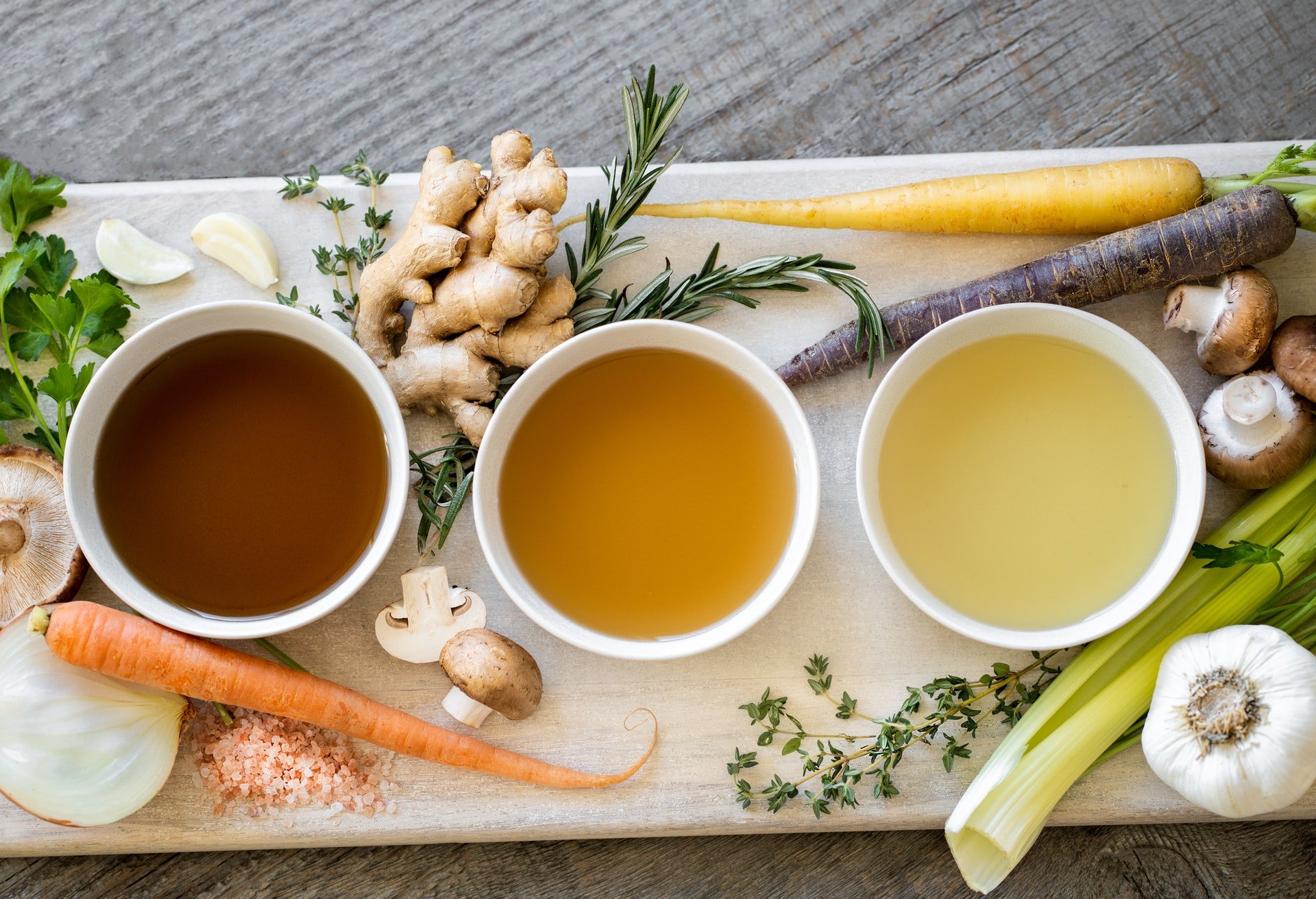By Tim Fitzgerald on Jan 20, 2021 @ 05:00 PM
So, you just had oral surgery. Whether you had your wisdom teeth pulled, got implants, or another procedure, your surgery care doesn’t stop when you get home. Your dentist or oral surgeon probably gave you a list of foods to avoid and told you to stick to a liquid or semi-liquid diet for a few days. But what does all that mean exactly?
What To Do
According to the University of Washington Dental School, you should stick to liquids and soft foods only for the first two days after surgery. These include foods like:
- Cooked cereals
- Yogurt
- Cottage cheese
- Smooth soups
- Milkshakes
- Mashed potatoes
- Refried beans
- Classic protein shakes and smoothies
But just because these kinds of foods are on the “eat” list doesn’t mean you should throw caution to the wind. A lot of these foods can contain lots of sugar and salt, which can cause discomfort while your mouth is still healing. Be sure to check the ingredients list and make sure you are eating mild versions of your favorite soft foods!
After your two days of liquids and soft foods are up, you can move to foods that require mild chewing, such as such as noodles/soft pasta, soft eggs, soft sandwiches, and mac and cheese. Sensitivity and pain can vary depending on your procedure though – so take it slow and if you feel discomfort, stop eating. You should be all good to return to your normal diet after 7 days or so. But if you are still experiencing discomfort, be sure to call your dentist and let them know.
What Not To Do
While the list of things you should eat includes some foods that are good for your teeth, some of them do come with caveats to be careful of (such as their sugar/salt levels). But the list of what you should not eat is a little more straightforward. Here are all the foods to avoid while recovering from oral surgery:
- Spicy foods
- Acidic foods
- Popcorn
- Crunchy or crispy foods
- Tough foods
- Food or drinks that involve straws or any kind of sucking
And it’s important to remember your oral hygiene routine throughout your recovery process. Your dentist or surgeon will likely give you instructions not to brush for the first day or two after your procedure. But that doesn’t mean you get a break from your routine for a few days. You should rinse your mouth out with saltwater rinse after every meal to make sure there is no bacteria lingering around the healing tissue – and you should brush your teeth as recommended by your dentist. Just be careful to avoid any incision or wound areas.
Eating after oral surgery might be tricky, but doing it properly is an important part of your healing process. Just follow your dentist’s instructions, use common sense, and take it slow! You’ll be eating normally again in no time. Want to know more about the tooth you got pulled? Learn about all the different parts that make up your teeth by downloading our FREE Anatomy of The Tooth infographic below!





comments